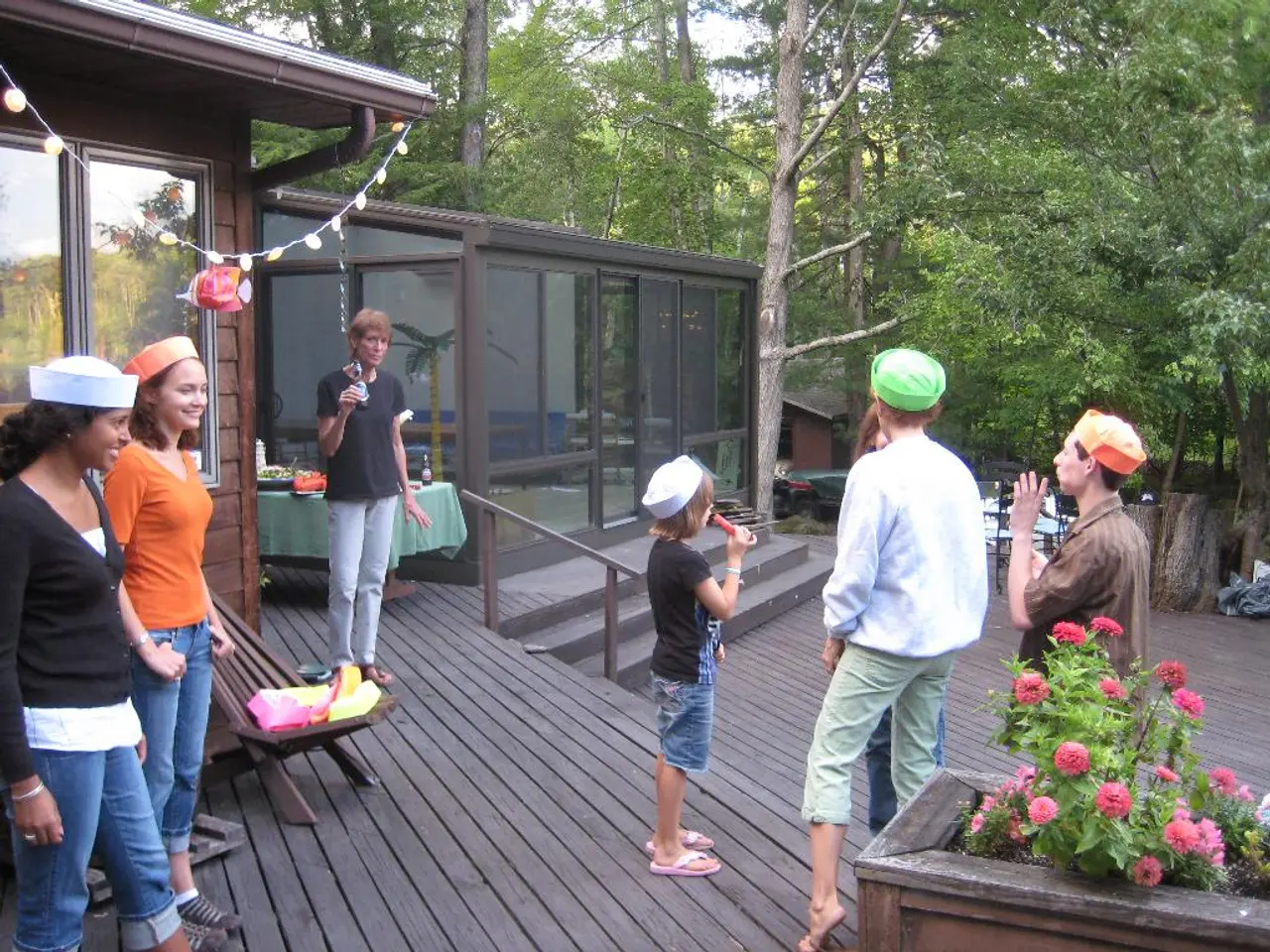Rural areas and the environment are adversely affected by the recent Common Agricultural Policy
The European Commission has unveiled a new Common Agricultural Policy (CAP) within the Multiannual Financial Framework (MFF) 2028-2034. However, the proposed CAP has received rejection from farmers' organizations, regional administrations, and the Ministry of Agriculture.
Environmental organizations, such as SEO/BirdLife, have expressed concerns about the proposed CAP. They suggest a structural green PAC is needed, with common and clear objectives, pointing towards the progressive reorientation of an agricultural model based on fair, sustainable, and extensive practices that also generate positive expectations in rural communities.
José Eugenio Gutiérrez, coordinator of Agro-Food Systems and Rural Development at SEO/BirdLife, emphasizes that a CAP without a common structure or specific budget for environmental measures leaves them without effective instruments to conserve the most valuable agricultural systems. The NGO warns that the proposed CAP weakens environmental ambition and fragments its common character.
One of the contentious aspects of the proposed CAP is the elimination of minimum spending obligations in agro-environmental and climate measures. Instead, environmental conditionality is replaced by a system called "farm stewardship," which allows for multiple exceptions and interpretations.
The NGO warns of an added risk: the abandonment of a structural, green, and truly common CAP that drives change towards a sustainable agricultural model. SEO/BirdLife proposes a reconstruction of a common green architecture for the CAP, emphasizing the need to recognize and finance ecosystem services to ensure their maintenance and expansion.
Asunción Ruiz, an environmentalist and activist, demands a more ambitious and transformative approach in the Future Common Agricultural Policy (CAP) of the European Union, focusing on sustainability, climate mitigation, and social fairness. She states that Europe needs a better CAP, with clear rules, demanding conditionality, incentives aligned with the public goods generated by sustainable agriculture, and strategic planning based on results.
Experiences like LIFE Olivares Vivos, Secanos Vivos, or Montes Vivos demonstrate that it is possible to combine agricultural production, biodiversity conservation, and profitability. The evaluation logic remains focused on surfaces covered by interventions, rather than measuring real results on biodiversity, soil health, water use, or climate mitigation. Indicators in the CAP should be linked to real results, measuring impacts on biodiversity, soil, water, and climate.
Ecosystem services are not a green luxury; they are the basis of agricultural sustainability. The CAP must be an instrument that looks after the future we will leave to the next generations, ensuring the resilience and sustainability of the field across the EU, with broader horizons than the simple borders of the years. The CAP should maintain and strengthen agro-environmental and rural development measures without arbitrary exception mechanisms, prioritizing farms that generate employment, retain population, conserve landscapes, and produce responsibly.
Read also:
- Peptide YY (PYY): Exploring its Role in Appetite Suppression, Intestinal Health, and Cognitive Links
- Toddler Health: Rotavirus Signs, Origins, and Potential Complications
- Digestive issues and heart discomfort: Root causes and associated health conditions
- House Infernos: Deadly Hazards Surpassing the Flames








